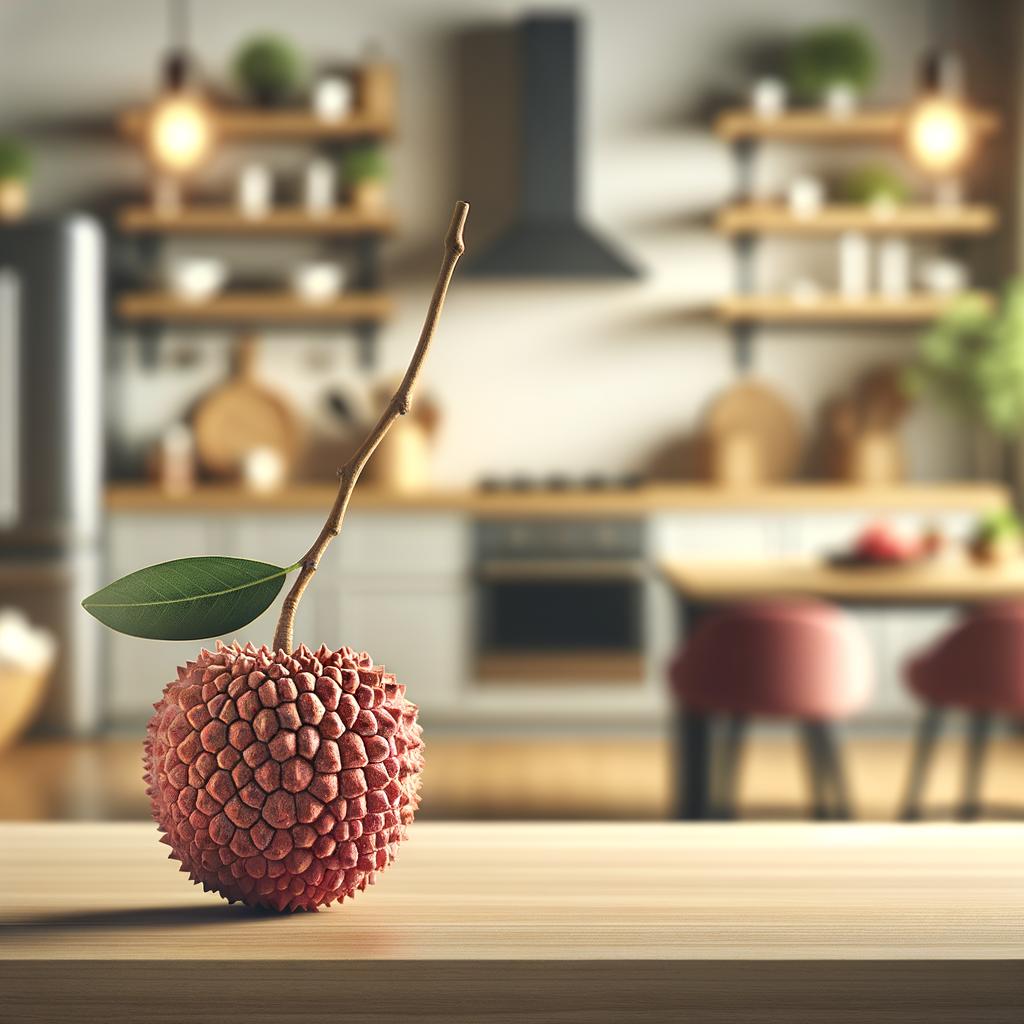Lychee

Description Lychee, also known as Litchi chinensis, is a small, round fruit hailing from the soapberry family. It is renowned for its vibrant red, leathery skin that peels away to reveal a translucent, opalescent flesh. The texture of the flesh is jelly-like, succulent, and bursting with juice. Its flavor profile is a delightful mix of sweet and tart, often compared to a combination of pear, rose, and watermelon. The unique characteristic of lychee is its single, large, glossy brown seed nestled in the heart of the fruit, which is inedible and must be discarded.
Primary Uses Lychee is a versatile ingredient that is primarily used in a variety of culinary applications. It is a key component in many Asian cuisines, especially in desserts like lychee ice cream, jellies, and pastries. In tropical cocktails, lychee adds a distinct, fragrant sweetness. It can also be consumed fresh, right off the tree. Beyond its culinary uses, lychee has been used in traditional Chinese medicine for centuries to alleviate coughs and promote healthy skin.
History Lychee has a romantic history that dates back to ancient China, where it was considered a symbol of love and romance. It was a favorite fruit of the imperial court, and tales abound of emperors sending swift horses to fetch the freshest lychees for their consorts. Over time, lychee spread to other parts of Asia, and eventually, the world, gaining popularity for its unique flavor and nutritional benefits. One intriguing myth is that eating lychee can imbue one with a sense of peace and tranquility, a belief that has made it a popular ingredient in various cultural ceremonies.
Nutritional Information Lychee is not only delicious but also a nutritional powerhouse. It is rich in Vitamin C, providing more than 100% of the daily requirement in a single serving. It also contains a good amount of potassium, copper, and Vitamin B6. Lychee is high in antioxidants, which can help fight inflammation and protect the body against various diseases. However, due to its high sugar content, it should be consumed in moderation. Compared to similar fruits like rambutan and longan, lychee has a slightly higher sugar content but compensates with its superior Vitamin C content.

